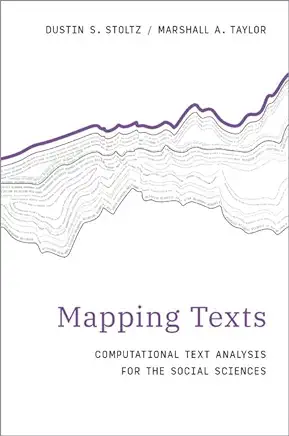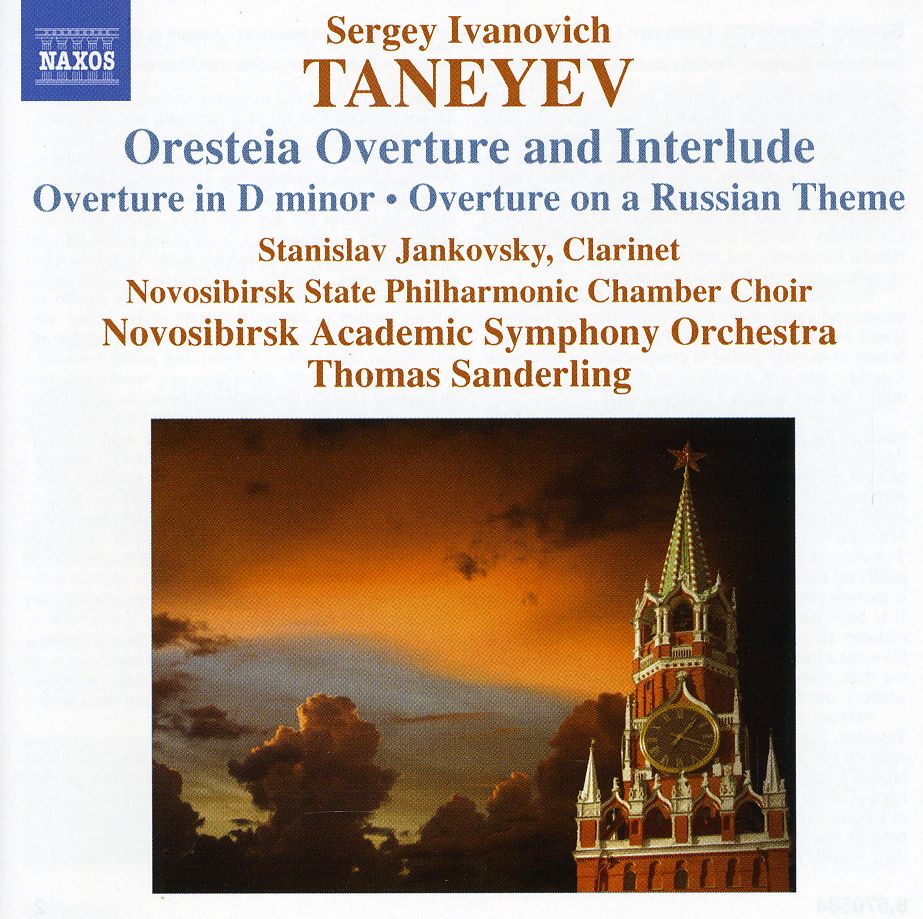
Stoltz, Dustin S.
product information
description
t text analysis project from start to finish--and then do it again. Mining is the dominant metaphor in computational text analysis. When mining texts, the implied assumption is that analysts can find kernels of truth--they just have to sift through the rubbish first. In this book, Dustin Stoltz and Marshall Taylor encourage text analysts to work with a different metaphor in mind: mapping. When mapping texts, the goal is not necessarily to find meaningful needles in the haystack, but instead to create reductions of the text to document patterns. Just like with cartographic maps, though, the type and nature of the textual map is dependent on a range of decisions on the part of the researcher. Creating reproducible workflows is therefore critical for the text analyst. Mapping Texts offers a practical introduction to computational text analysis with step-by-step guides on how to conduct actual text analysis workflows in the R statistical computing environment. The focus is on social science questions and applications, with data ranging from fake news and presidential campaigns to Star Trek and pop stars. The book walks the reader through all facets of a text analysis workflow--from understanding the theories of language embedded in text analysis, all the way to more advanced and cutting-edge techniques. The book will prove useful not only to social scientists, but anyone interested in conducting text analysis projects.
member goods
No member items were found under this heading.
listens & views

ORCHESTRAL WORKS: ORESTEIA OVERTURE & ...
by TANEYEV / NOVOSOBIRSK SO / SANDERLING
COMPACT DISC$18.49
Return Policy
All sales are final
Shipping
No special shipping considerations available.
Shipping fees determined at checkout.






